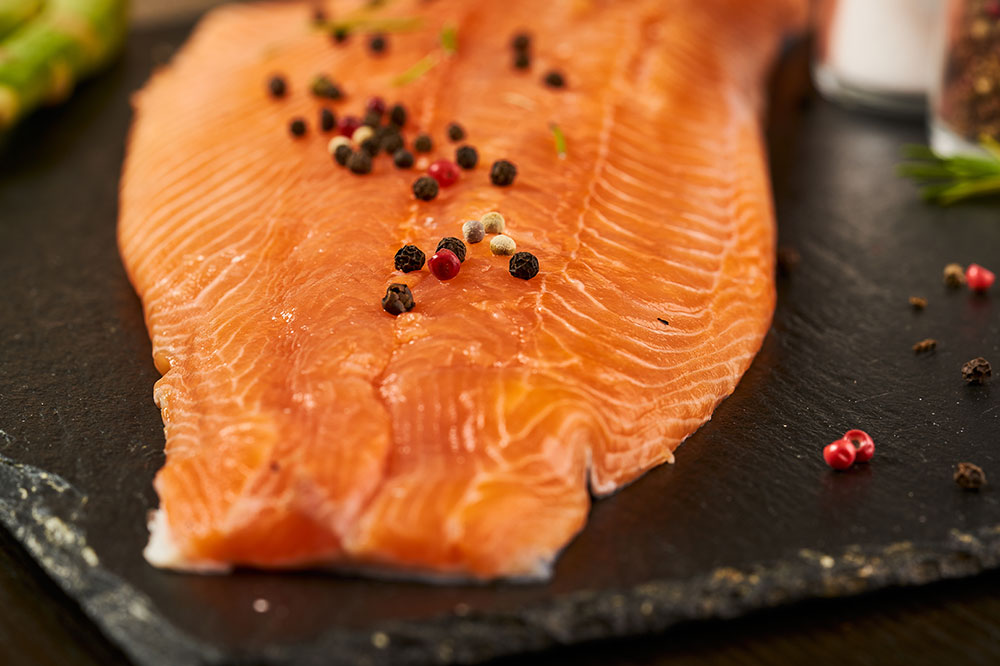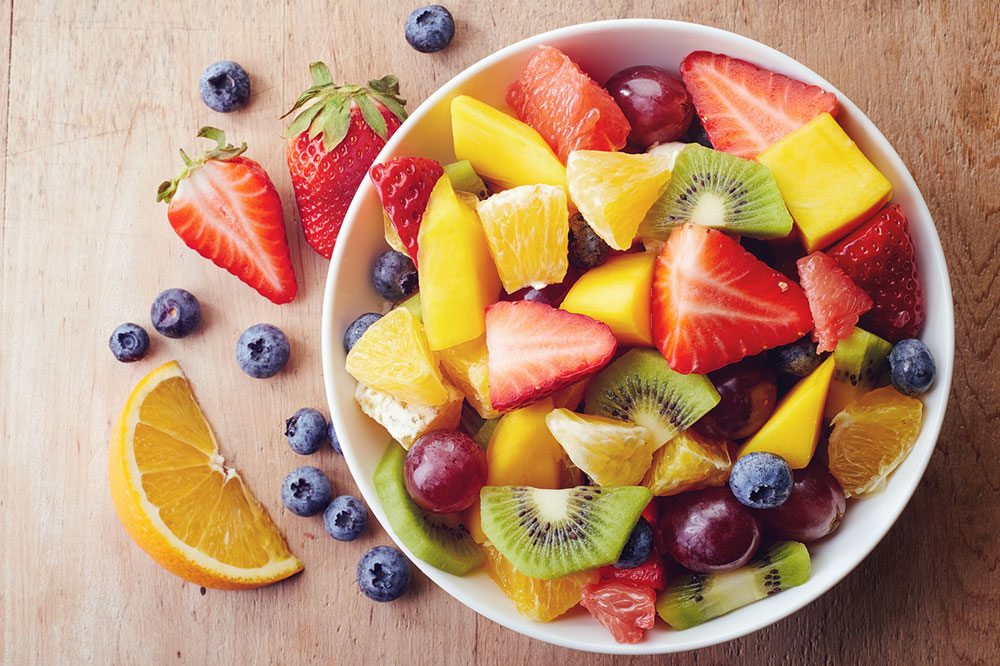Dietary Guidelines for Individuals with Schizophrenia
This article provides essential dietary guidelines for individuals with schizophrenia, emphasizing foods that support mental health and overall wellness. It highlights beneficial foods like fruits, vegetables, omega-3 rich fish, and nutrients like zinc and B12, while advising on foods to avoid, such as gluten and refined sugars. Implementing these nutritional strategies can aid in managing schizophrenia symptoms and reducing related health risks. Always consult healthcare professionals before making significant dietary changes to ensure personalized and effective treatment plans.

Dietary Guidelines for Individuals with Schizophrenia
People diagnosed with schizophrenia often tend to follow poor dietary patterns, lacking sufficient fiber and fruit intake while consuming high amounts of saturated fats. Such eating habits can lead to additional health complications, increasing the risk for diabetes, heart disease, and other conditions. Research indicates that dietary modifications can support schizophrenia management. Here are recommended foods to include and avoid for better health outcomes.
Recommended Foods
Fruits
To boost fiber intake, individuals should incorporate fruits such as apples, pears, and berries into their diet. Fiber aids in lowering bad cholesterol, improves digestion, and decreases risks associated with obesity, diabetes, and heart issues common among schizophrenia patients.
Vegetables
Vegetables like sweet potatoes, kidney beans, and lima beans are rich in potassium which helps regulate blood sugar levels. Spinach, high in folate, may alleviate schizophrenia symptoms. Other folate-rich options include asparagus and black-eyed peas.
Omega-3 Rich Fish
Since omega-3 fatty acids cannot be synthesized by the body, eating fatty fish such as salmon and mackerel provides these beneficial fats. Omega-3s may reduce symptoms and slow disease progression. Vegetarians can consider walnuts or omega-3 supplements under medical advice.
Shellfish and B12 Sources
Oysters, crab, and clams contain zinc and vitamin B12, which are important since deficiencies are linked to schizophrenia symptoms. Incorporate foods like trout, liver, or ask a healthcare professional about B12 supplements for vegetarians.
Foods to Limit or Avoid
Wheat and Gluten
Some studies suggest wheat sensitivity may influence mental health conditions. Switching to a gluten-free diet can be beneficial in managing symptoms.
Refined Sugars
Foods high in refined sugars such as candies, baked goods, and sodas can increase the risk of diabetes, exacerbating schizophrenia symptoms. Reducing sugar intake supports overall health and mental well-being.









